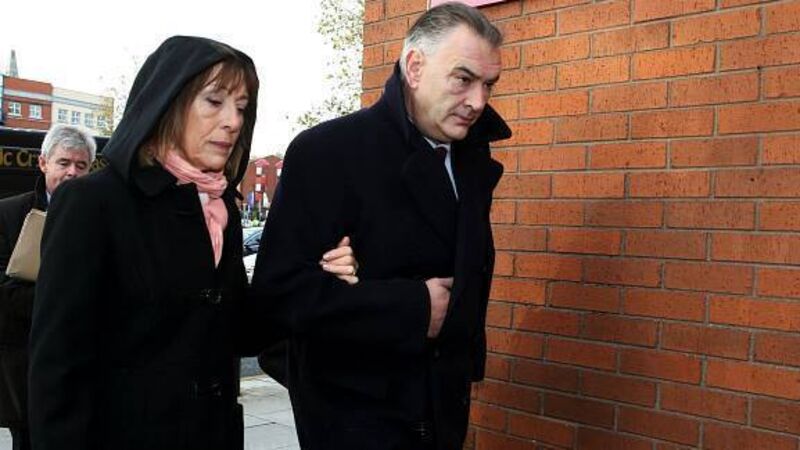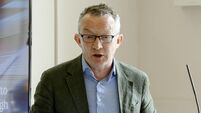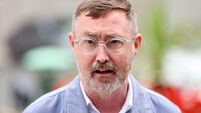VIDEO: Ian Bailey verdict: You hold scales of justice in your hands, judge tells jury

The judge spent about an hour charging the jury before they retired to deliberate in the case of Ian Bailey who has sued the State for damages over his treatment during the investigation of the murder of Sophie Toscan du Plantier in West Cork in 1996.
Mr Justice Hedigan told the jury of seven men and four women they must focus exclusively on the two questions to which the case had been narrowed.













